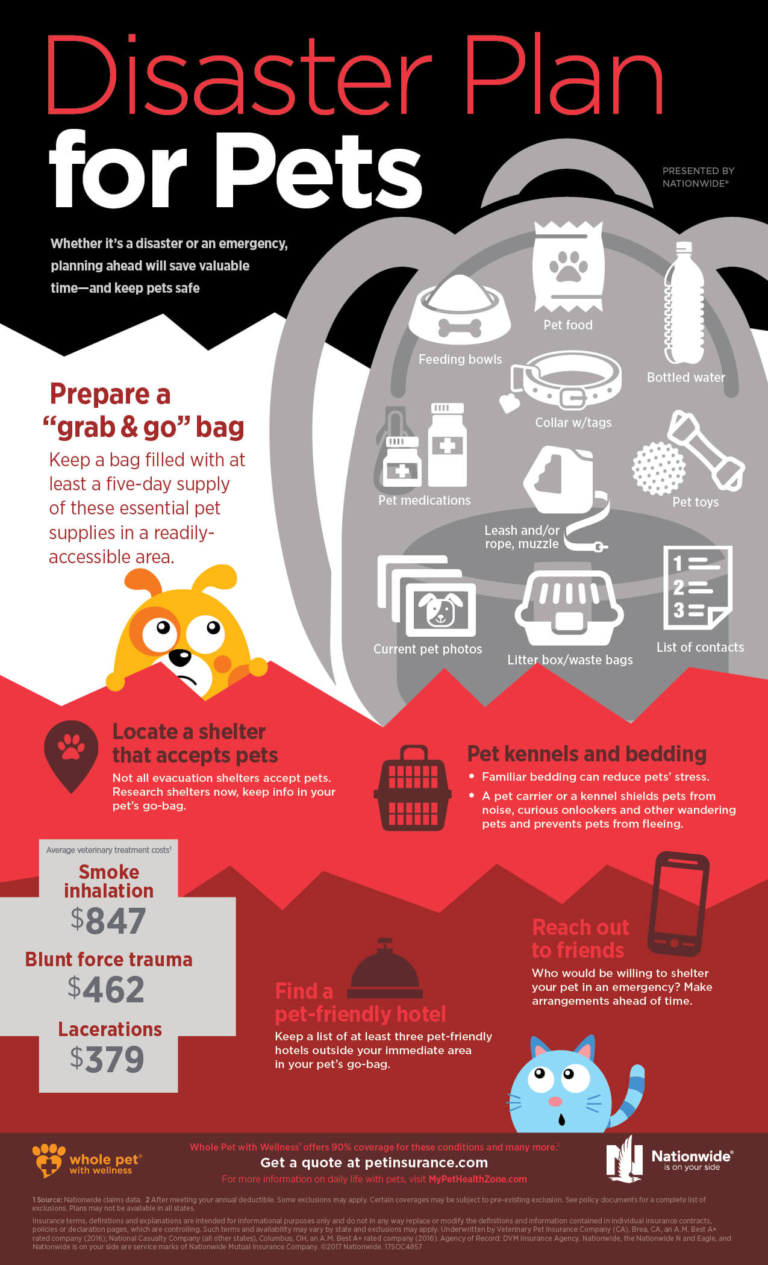Hurricane Insurance: Essential Coverage for Homeowners
Hurricane insurance is a vital safeguard for homeowners and property owners living in hurricane-prone areas. This specialized coverage is designed to protect against the significant damages caused by hurricanes, including destruction from high winds and flooding. While it may not exist as a standalone policy, hurricane insurance is often integrated into broader homeowners insurance, windstorm insurance, and flood insurance policies. Understanding the nuances of hurricane coverage is essential for ensuring that your property is adequately protected from nature’s fury. In this article, we will explore the various facets of hurricane insurance, including types of coverage, important considerations, and how to select the best policy for your needs.
Also referred to as storm damage protection, hurricane coverage encompasses various insurance options that shield properties from the devastating effects of severe weather events. This protection typically involves a combination of homeowners insurance, which may cover wind damage, and additional policies like flood insurance and windstorm insurance tailored for high-risk regions. Property owners must be aware of their unique coverage needs and the limitations of standard policies, especially when it comes to flood damage, which is often excluded. Understanding these alternative terms and their implications can empower homeowners to make informed decisions about safeguarding their assets against hurricanes. As we delve deeper into this topic, we will clarify how these types of coverage work together to provide comprehensive protection.
Understanding Hurricane Insurance Coverage
Hurricane insurance is crucial for homeowners and property owners residing in areas prone to severe weather. While there is no standalone policy labeled as ‘hurricane insurance,’ coverage for damages caused by hurricanes typically comes bundled within homeowners insurance, windstorm insurance, and flood insurance. Homeowners need to understand that standard homeowners insurance policies may not cover all hurricane-related damages, especially in high-risk coastal regions where additional policies are required to ensure complete protection.
For instance, homeowners insurance usually covers wind damage resulting from hurricanes, such as destruction to roofs and windows. However, it generally excludes flood damage, which is a significant risk during hurricane events. To adequately protect your property, it’s essential to consider a comprehensive insurance plan that includes specialized windstorm and flood insurance, particularly if you live in a hurricane-prone area. This layered approach helps ensure that you are covered against the various risks associated with hurricanes.
Frequently Asked Questions
What is hurricane insurance and what does it cover?
Hurricane insurance is not a standalone policy but refers to coverage provided under homeowners insurance, windstorm insurance, and flood insurance. It typically covers wind damage from hurricanes, rain damage due to wind-driven rain, and additional living expenses if your home becomes uninhabitable. However, flood damage is not covered by standard homeowners insurance and requires a separate flood insurance policy.
Do I need flood insurance if I have hurricane coverage?
Yes, if you live in a hurricane-prone area, you will need flood insurance in addition to your hurricane coverage. Most homeowners insurance policies exclude flood damage, which can occur during hurricanes due to storm surges and heavy rainfall. Flood insurance can protect your home’s structure and personal belongings from such damages.
What is windstorm insurance and how does it relate to hurricane insurance?
Windstorm insurance is a specific type of coverage that protects against damages caused by high winds associated with hurricanes and other severe weather events. In areas where standard homeowners insurance excludes wind damage, windstorm insurance is essential for adequate hurricane coverage.
How do hurricane deductibles work in homeowners insurance?
Hurricane deductibles are typically higher than standard deductibles and are calculated as a percentage of your home’s insured value, usually ranging from 1% to 5%. These deductibles apply specifically to hurricane-related claims, impacting how much you pay out-of-pocket when filing a claim for hurricane damage.
Can businesses get hurricane insurance coverage?
Yes, businesses can obtain commercial hurricane insurance, which includes commercial property insurance and business interruption insurance. These policies protect against damages to business property from hurricanes and provide compensation for lost income if the business cannot operate due to hurricane damage.
What are the key factors affecting hurricane insurance premiums?
Key factors that influence hurricane insurance premiums include the property’s location (coastal or hurricane-prone areas typically have higher rates), construction materials (hurricane-resistant homes may qualify for discounts), the age of the home (newer homes may have lower rates), and the deductible amount (higher deductibles usually lead to lower premiums).
Is there a waiting period for flood insurance coverage?
Yes, flood insurance usually has a 30-day waiting period before the coverage takes effect. This is an important consideration for homeowners in hurricane-prone areas to ensure they are protected before a storm occurs.
What should I do to prepare for hurricane insurance claims?
To prepare for hurricane insurance claims, review your current policy to understand coverage and deductibles, consider obtaining flood insurance if necessary, document your belongings with photos or videos, and stay informed about your state’s insurance requirements and any changes after major storms.
Are there state-specific programs for hurricane insurance?
Yes, some states have specialized programs such as the Florida Hurricane Catastrophe Fund (FHCF) and the Texas Windstorm Insurance Association (TWIA), which provide additional support for hurricane insurance coverage and help residents obtain necessary protection against hurricane-related damages.
How can I file a claim for hurricane insurance coverage?
To file a claim for hurricane insurance coverage, review your policy, document the damage with photos and lists, notify your insurer promptly, schedule an inspection with an adjuster, submit required paperwork, follow up on the claim, and review any settlement offers.
| Coverage Type | Description | Important Notes |
|---|---|---|
| Homeowners Insurance | Covers damage from wind, rain, and some hurricane-related perils. | Flood damage is typically excluded. |
| Windstorm Insurance | Specifically covers damage from high winds associated with hurricanes. | Higher deductibles common in hurricane-prone areas. |
| Flood Insurance | Covers damage from flooding due to hurricanes and storm surges. | Usually requires a separate policy with a 30-day waiting period. |
| Additional Living Expenses (ALE) | Covers temporary living costs if your home is uninhabitable due to hurricane damage. | Part of most homeowners policies. |
| Commercial Hurricane Insurance | Covers damage to business property and lost income due to hurricane events. | Includes commercial property and business interruption insurance. |
Summary
Hurricane insurance is critical for homeowners and property owners in hurricane-prone areas to safeguard against potential damages. This type of insurance encompasses various policies, including homeowners insurance, windstorm insurance, and flood insurance, each serving specific purposes. Homeowners should thoroughly review their insurance coverage, understand the associated deductibles, and consider additional policies to ensure comprehensive protection against the devastating impacts of hurricanes.







